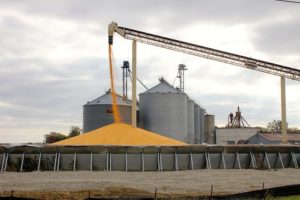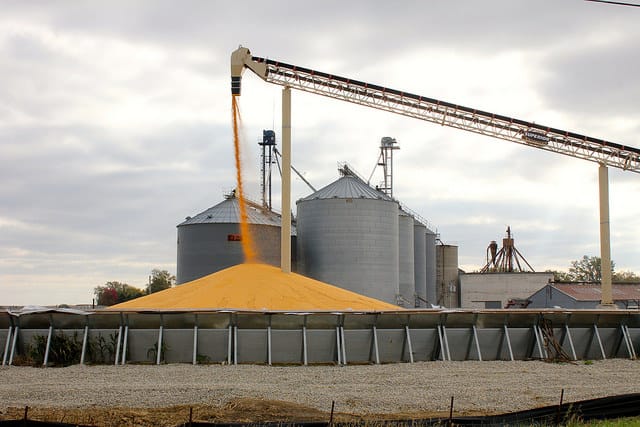Cornucopia’s Take: GMO crops were sold as a miracle to some farmers, making weeding and extra tilling unnecessary. Over time many GMO farmers have reverted to conventional seeds to save money, as GMO yields stagnate and superweeds emerge, plus markets are growing for non-GMO foods. Monsanto’s impending sale to Bayer ignores these mounting concerns.
Behind the Monsanto Deal, Doubts About the GMO Revolution
The Wall Street Journal
by Jacob Bunge
Farmers are reconsidering the use of biotech seeds as it becomes harder to justify their high prices amid the measly returns of the current farm economy
 |
Behind a wave of multibillion-dollar mergers in the agriculture business is a moment of change in American farming. The dominance of genetically modified crops is under threat.
Since their introduction to U.S. farms 20 years ago, genetically engineered seeds have become like mobile phones—multifunctional and ubiquitous. Scientists inserted genes to make crops repel insects, survive amid powerful herbicides, survive on less water and yield oils with less saturated fat, in turn eliminating farmers’ amateur chemistry. The U.S. Department of Agriculture estimates this year that 94% of soybean acres were planted with biotech varieties, and 92% of corn acres.
Today, farmers are finding it harder to justify the high and often rising prices for modified, or GMO, seed, given the measly returns of the current farm economy. Spending on crop seeds has nearly quadrupled since 1996, when Monsanto Co. became the first of the companies to launch biotech varieties. Yet major crop prices have skidded lower for three years, and this year, many farmers stand to lose money.


